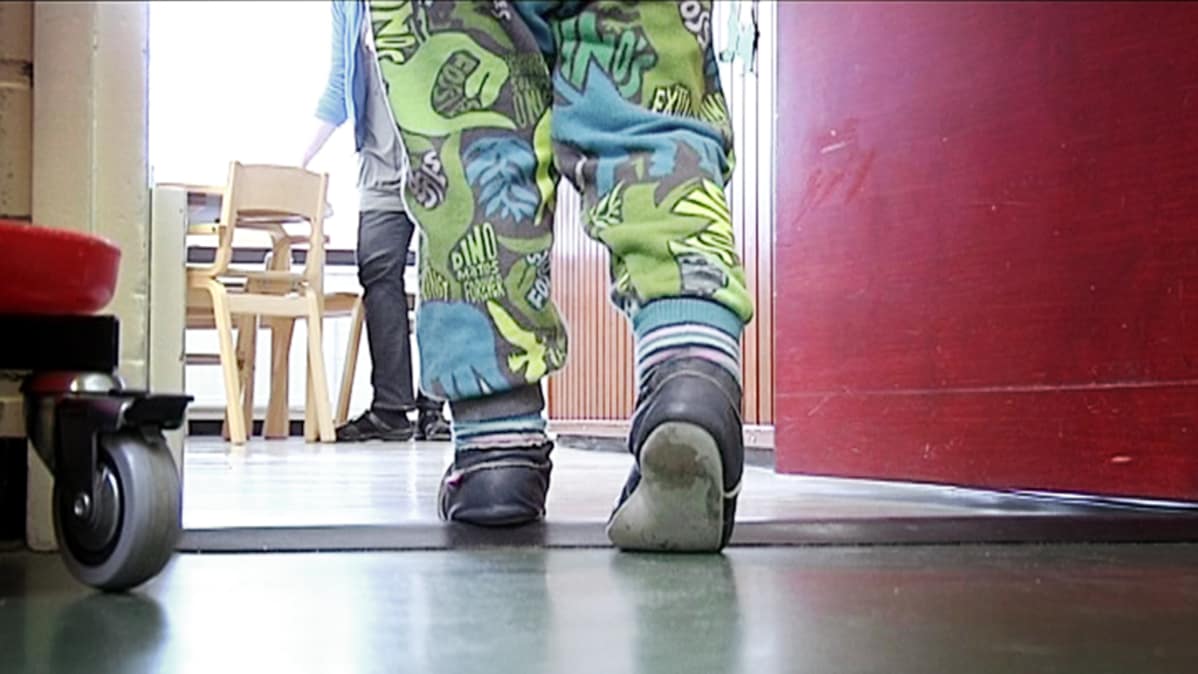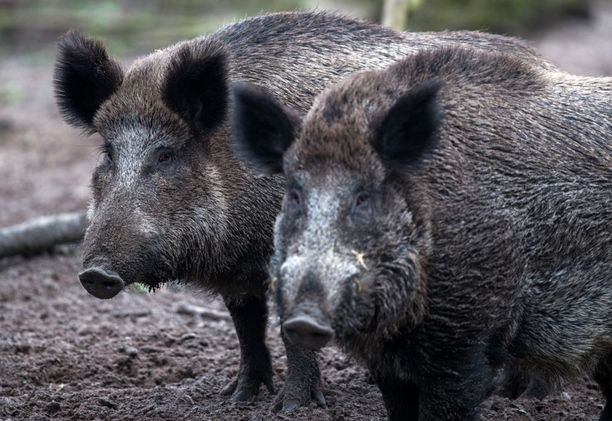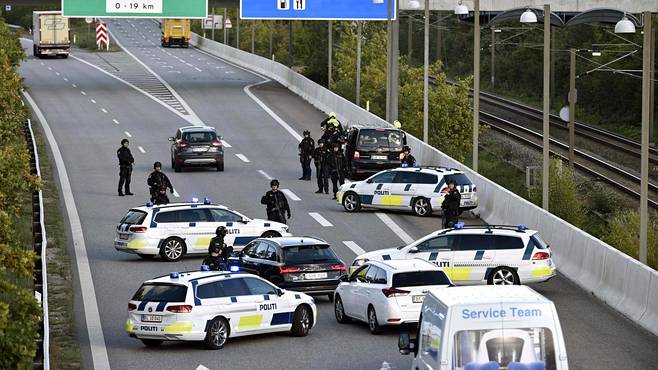Muistutus ja kommentit kannattaa tietysti verhota siten, ettei Kokoomuksen ajatus-Stasi Huhteloineen pääse siihen kiinni. Ajatuspoliisi nimittäin tulee ja tappaa
Juujuu, mutta nyt on myos hyva muistuttaa transgender-sipilalle (munaton mias) ja netti-stasille muun muassa euroopan ytimista, yhtenevaisuuksista ja sanavapaudesta, kuten Tanskan integraatioministeri just asian otti tapetille, eli:
... ja viela sama military-uutinen toisaalta, jossa mm. mainitaan enempi tuon synagoogan vartioinnista ja syista siihen:
http://www.zerohedge.com/news/2017-09-29/armed-soldiers-replace-cops-danish-streets
Armed Soldiers To Replace Cops On Danish Streets

by
Tyler Durden
Sep 29, 2017 11:03 PM
55
SHARES
Twitter Facebook Reddit
Even as Europe's political establishment professes its liberal ideals by accepting - or in the case of the ongoing spat between Brussels and Central Europe,
forcing others to accept - as many refugees as humanitarian virtue signalling will require, the true face of Europe is gradually emerging behind the scenes, and
according to The Local.de, starting today armed soldiers from the Danish Armed Forces (Forsvaret) will replace police officers at both Denmark’s southern border to Germany
and at potential terror targets in Copenhagen.
According to the Danish National Police (Rigspolitiet) and Copenhagen Police, 160 soldiers will patrol the border and take over guard duties at Jewish institutions including the Great Synagogue in central Copenhagen.
The synagogue has been under constant police protection since a Danish-born terrorist of Palestinian descent shot and killed 37-year-old Dan Uzan, a volunteer security guard, outside the building in February 2015. The gunman, Omar El-Hussein, had earlier in the night opened fire with an automatic rifle outside a cultural centre hosting a free speech event, killing 55-year-old Finn Nørgaard and injuring police officers. El-Hussein was later shot and killed by police.
The soldiers’ role at the German border was described as ancillary and will not entail actively checking the IDs of those entering the country. That role will still be filled by police officers and members of the Danish Home Guard (Hjemmeværnet), which has been active in border checks since April 2016.
The plan to put armed military soldiers at the border and potential terror targets has been under discussion for well over a year, or not long after Europe realized the consequences of the great welcome party thrown by Angela Merkel in 2015. The official explanation is that it is being implemented as a way "to ease the workload of an overworked and undermanned police force." The unofficial, of course, is that the police desperately need help against an ongoing influx of potential terrorists.
The 160 soldiers will relieve the police force of the equivalent of 128 full-time police officers. According to news agency Ritzau, police currently use the equivalent of 456 full-time officers on border controls and patrolling potential terror targets.
Meanwhile, Denmark has long since lost the idealistic illusion it is a noble, humanitarian home welcoming the world's refugees. As the
WaPo wrote last year, "as Europe walls itself off, the continent is left to reckon with what’s become of its long- cherished humanitarian beliefs. And to many in Denmark, the chasm between reputation and reality looks particularly gaping.
“We’re losing respect for the values upon which we built our country and our European Union,” said Andreas Kamm, secretary general of the Danish Refugee Council. “It’s becoming very hard to defend human rights.”
This Scandinavian nation of compulsively friendly people is celebrated by U.S. presidential candidate Bernie Sanders as a social-welfare utopia, one that was recently judged the world’s happiest place. Ranking high in the country’s pantheon of heroes are those who protected Jews during the Holocaust or who helped the oppressed escape from behind the Iron Curtain during the Cold War.
But when it came to those fleeing 21st-century conflicts on Europe’s doorstep, Denmark went into overdrive to broadcast its hostility. While Germany continued to welcome asylum seekers, and other European countries such as Sweden held their doors open for as long as they could, Denmark took a hard line almost from the beginning. The government slashed refugees’ benefits, then advertised the cuts in Lebanese newspapers.
It enabled police to confiscate refugees’ valuables, including cash and jewelry. And authorities made it far more difficult for those already here to reunite with their families, upping the wait time from one year to three.
And now, just in case the measures were insufficient, heavily armed soliders will be there to make sure there are no more casualties as a result of Angela Merkel's "shared" generosity.










